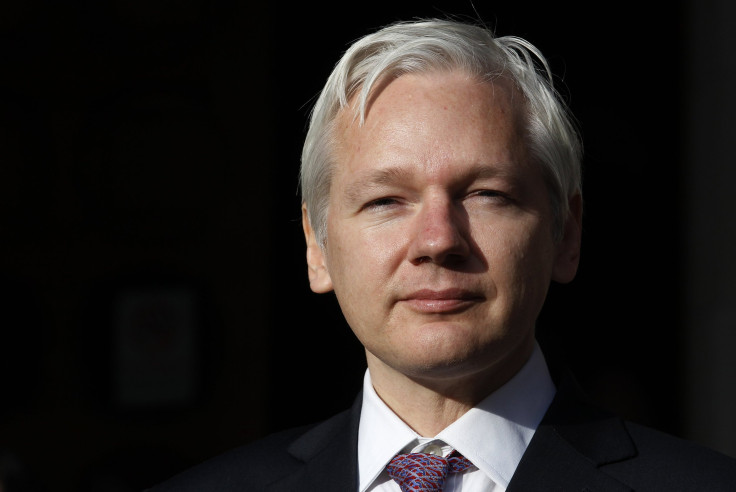WikiLeaks Releases Draft Chapter For Trans-Pacific Partnership (TPP) On Intellectual Property

WikiLeaks released a draft chapter of a secret international trade agreement that could create tougher laws on digital copyrights and freedom of speech. The 95-page chapter, part of a broader agreement between the Trans-Pacific Partnership member countries, outlines intellectual property (IP) rights relating to medicine, publishing, Internet, patents and civil liberties for the TPP member states, which represent more than 40 percent of the global economy.
The 30,000-word IP chapter released by WikiLeaks on Wednesday lays out provisions for instituting a transnational legal and enforcement regime aimed at modifying or replacing existing national laws, including subsections relating to patents, copyright and trademarks, with potentially far-reaching impacts on countries and individuals alike.
“If instituted, the TPP’s IP regime would trample over individual rights and free expression, as well as ride roughshod over the intellectual and creative commons,” said WikiLeaks Editor-in-Chief Julian Assange, in the accompanying press release. “If you read, write, publish, think, listen, dance, sing or invent; if you farm or consume food; if you’re ill now or might one day be ill, the TPP has you in its crosshairs.”
The section entitled “Enforcement” outlines new policy measures, including a proposal for supranational litigation tribunals to which national courts are expected to defer but which have no human rights safeguards, the press release said. The chapter states that these courts can conduct hearings with secret evidence, and replicates many of the surveillance and enforcement provisions from the shelved SOPA and ACTA treaties.
The nations currently negotiating for the TPP include the U.S., Japan, Mexico, Canada, Australia, Malaysia, Chile, Singapore, Peru, Vietnam, New Zealand and Brunei. Powerful players like South Korea, Russia and notably China are excluded from these talks which have reached a critical stage, and a number of heads of TPP states have said they plan to sign and ratify the TPP before the end of the year, including U.S. President Barack Obama.
Negotiations have been secretive from the start, with only three individuals in each TPP nation having access to the full text of the agreement.
Other TPP-related documents have been leaked to the public, but this one is notable as it details each prospective nation’s negotiation position. Assange points out that Australia is likely to fall in line with the U.S., while Vietnam, Chile and Malaysia will likely oppose them.
Read the full document here.
WikiLeaks Secret TPP IP Chapter
© Copyright IBTimes 2024. All rights reserved.




















